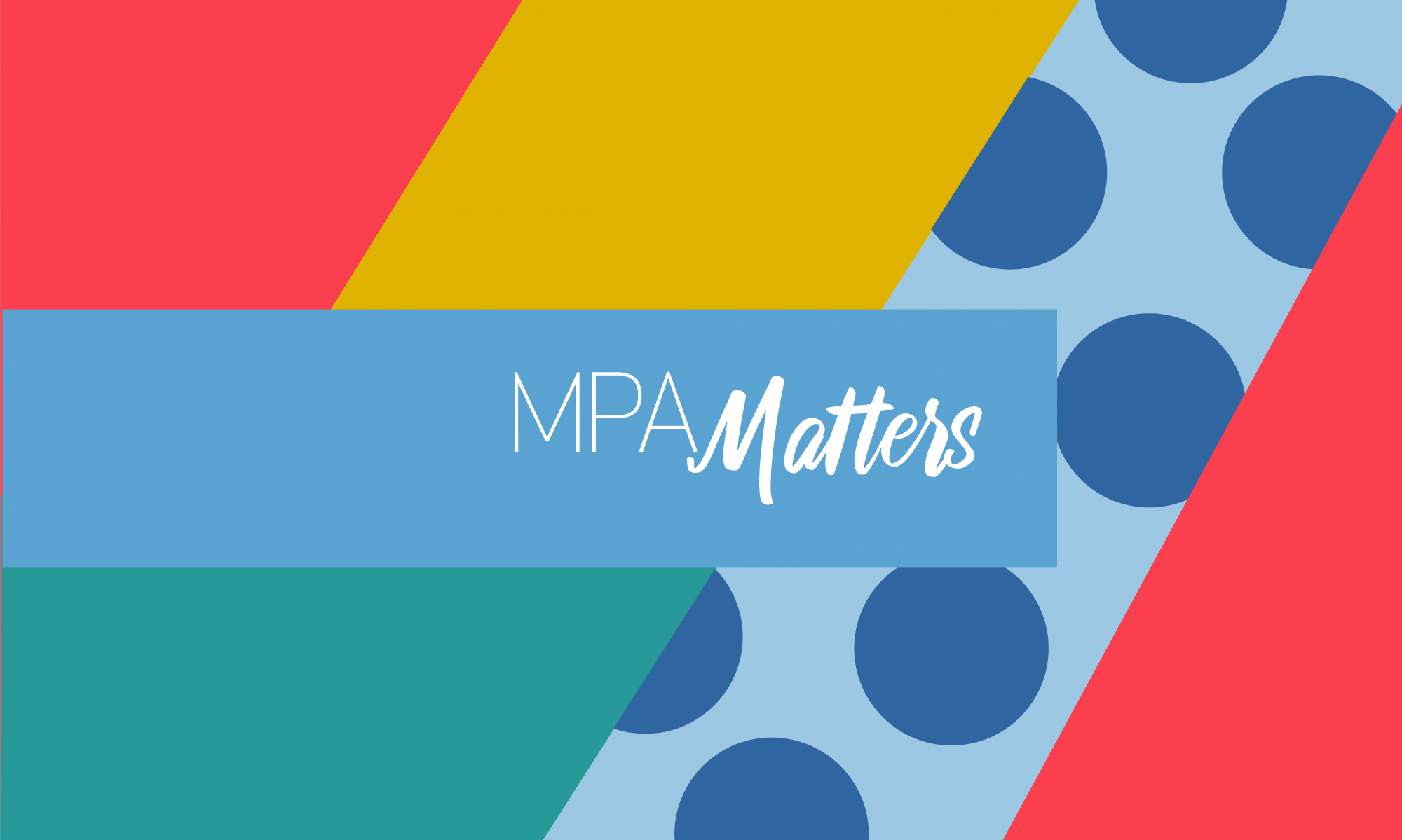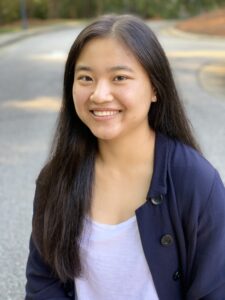Current UNC MPA student Elisabeth Butler writes about her summer work experience with Race for Equity. You can read her first blog post here.
————————————————————————————
While conducting my Professional Work Experience (PWE) at RACE for Equity, I was recently introduced to a tool developed by RACE for Equity called the Community Engagement Continuum (CEC). The CEC outlines a process for engaging community members in an equitable manner. The CEC focuses on engagement from a racially aware vantage point, and it incorporates aspects of Results-Based Accountability (RBA) and the Groundwater Approach into its methodology. My task in relation to the CEC is to take the lengthy 44-page document explaining the CEC and boil it down to two pages. The two pages will serve as a more easily understandable and accessible handout for clients or partners who are interested in learning about the CEC.
I find the CEC interesting because I feel that it is trying to shed light on a question a lot of organizations are currently grappling with. How do you engage community members in an equitable manner? For decades, experts and those with resources and power have dictated the course and flow of development, but now there are many who have decided including those who are impacted but such decisions have knowledge and perspectives that should be included in the decision-making process. This idea of giving community members a voice seems easy in theory, but it has proved to be challenging to put into practice. One of my supervisors even noted that most clients who are interested in the CEC are only in the initial stages of the process, few organizations actually are or have made it to the later stages. Even though community engagement is easier in theory than practice, I look forward to seeing how organizations overcome current challenges in creating sustainable and equitable community engagement processes.
In addition to discussing the CEC, I also wanted to bring up my experience of working for a completely remote company. Before I accepted the PWE position with RACE for Equity, I thought a completely remote job was ideal. A remote job would allow you to work from any location and is more flexible in work hours in comparison to a typical 9-to-5 job. This is not a critique of RACE for Equity, but, instead, my own realization that in the future I would prefer an in-person or hybrid job. I enjoy the flexibility offered by RACE for Equity in terms of work hours and location, but I feel a completely remote experience hinders some of the comradery and bonding that occurs in in-person jobs. Don’t get me wrong, I do enjoy working from the comforts of my home, but it would be nice to see my coworkers in-person now and then. It would be nice to know you at least have the opportunity to stop by your coworker’s office or cubicle to socialize or bug then about an email you had sent earlier in the week. As I search for a job in the future, I will keep this realization of mine in mind.
Overall, I have enjoyed my experience with RACE for Equity so far. RACE for Equity has been very mindful about giving me enough work to meet the MPA hour requirement, and I have been introduced to new concepts that I have found interesting. This PWE experience has zoomed by, but I look forward to finishing up my PWE over the next couple of weeks and taking what I have learned from this experience to future jobs.


